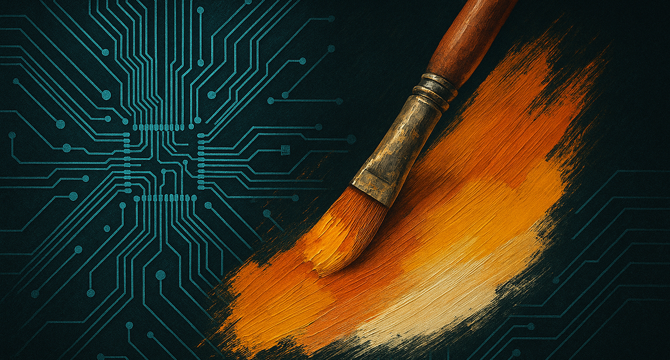Medium
2w
220

Image Credit: Medium
AI Is Rewriting the Rules — and We’re Still Playing the Old Game
- Much of the discourse around AI focuses on regulation and guarding against its impact on jobs and skills, as well as its influence on creative fields.
- AI is challenging the long-standing link between economic value and human labor by automating various tasks traditionally performed by humans.
- The rapid evolution of AI surpasses the pace of regulatory frameworks, creating challenges for governance and ethics.
- AI blurs the boundaries between real and artificial through tools like deepfakes, impacting trust in information and conversations.
- Algorithms designed for engagement on platforms like TikTok can lead to a loss of agency, but could potentially be redirected to support user autonomy.
- AI's ability to generate content challenges traditional educational structures, raising questions about the purpose of education in a world of automation.
- The rise of AI prompts reflections on the role of humans in a future where machines may equal or surpass human intelligence across domains.
- The ongoing disruption caused by AI is not just economic but existential, prompting a reexamination of human identity and purpose.
- As AI reshapes societal systems, there is a need to reimagine frameworks to navigate a future that is already changing rapidly.
- While fear is common in response to such transformative change, it also serves as a catalyst for envisioning a new, more adaptive future.
- The current uncertainty may signify the early stages of a profound systemic transformation towards a future yet to be fully understood.
Read Full Article
13 Likes
For uninterrupted reading, download the app